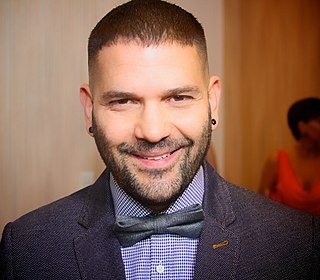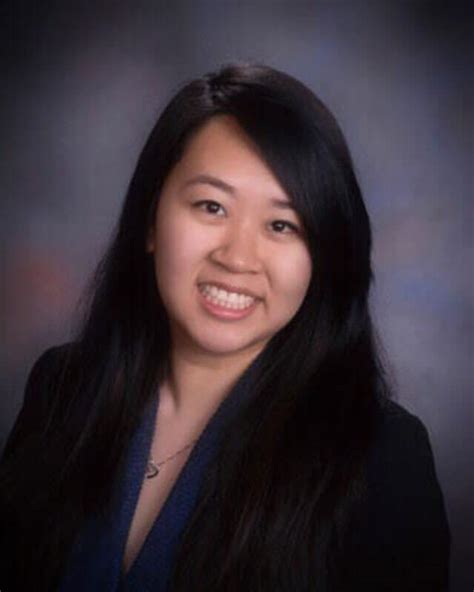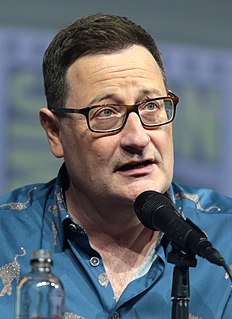A Quote by Edan Lepucki
I did a lot of this through writing flashbacks. Many of the flashbacks took place at Cal's school and I eventually cut them because they didn't seem essential and they slowed the pace of the story in the first third of the book. They were essential to me, though, in that I learned about my characters.
Related Quotes
Many of Judy Blume's books - which I devoured when I was growing up and where I found characters that were believable because they were a lot like me - caused considerable consternation when they were first published, but now they're widely accepted as an essential part of the children's literary canon.
There is a difference between something being essential, and it being necessary. If you take your favorite book and strip it down to what is merely essential to tell the story, it would be butchery. The end result would horrify you. Essential is the bones of the story, but the soul lives somewhere else.
Even though you can't get along without your smartphone, there are not many essential services on your smartphone. They're mostly convenience; you could live without it. Essential means you die without it. A gadget that warns you're about to have a heart attack - that's essential. We're about to go into that phase with smartphones.
My mother lived her life through movies and books - she read everything there was to read. And she read to me every night. I never went to sleep without her reading to me. And she fantasized about the book and she would talk about it, the place, and you would think that after she read the book and after she told you stories about it, that she had actually been there. I learned about story from her, and I learned the value of a great story, and the value of great characters.
It's funny what [producer Richard Zanuck said about even though you can't quite place when the book or the story came into your life, and I do vaguely remember roughly five years old reading versions of Alice in Wonderland, but the thing is the characters. You always know the characters. Everyone knows the characters and they're very well-defined characters, which I always thought was fascinating. Most people who haven't read the book definitely know the characters and reference them.
'Brown Girl Dreaming' was a book I had a lot of doubts about - mainly, would this story be meaningful to anyone besides me? My editor, Nancy Paulsen, kept assuring me, but there were moments when I was in a really sad place with the story for so many reasons. It wasn't an easy book to write - emotionally, physically, or creatively.
All through first and second and third hour, Eleanor rubbed her palm. Nothing happened. How could it be possible that there were that many never ending all in one place? And were they always there, or did they just flip on wherever they felt like it? Because, if they were always there, how did she manage to turn doorknobs without fainting? Maybe this was why so many people said it felt better to drive a stick shift.
I don't know about you, but I don't feel that it's my vehicle that is essential. I don't know about you, but I don't feel that it's my education that is essential. I don't think what is essential about me is my house or my car or my clothes. What is essential about me? Well, I think what is essential is that I live and embrace life right now, wherever I am. I grab it in my arms! Don't spend time crying about yesterday-yesterday is over with! I forgive my past. I forgive the people who've hurt me. I don't want to spend the rest of my life blaming and pointing a finger.







































